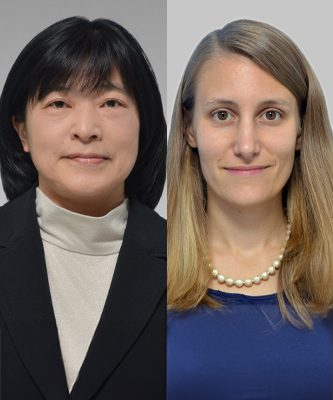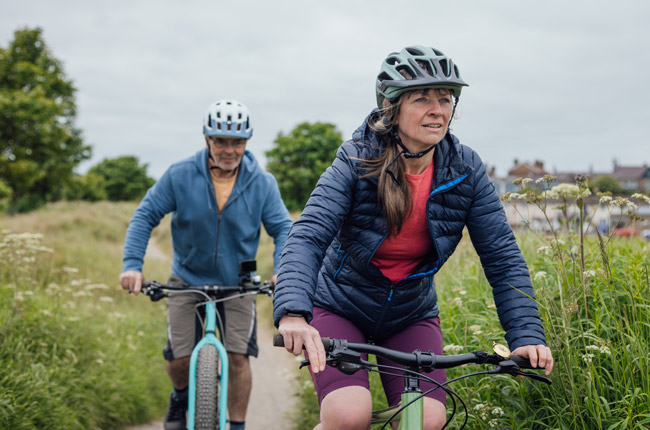Our project represents a pivotal endeavor that bridges cutting-edge research, Asian expertise, and the highest quality prospective data. By synergizing these elements, we aim to generate evidence that will shape cancer prevention recommendations specifically tailored for the Asian region. This initiative is not only critical for the well-being of people within Asia but also holds global significance. Through rigorous scientific publications and targeted outreach efforts, we aspire to enhance awareness, and ultimately contribute to a healthier world.
– Dr Sarah Abe
Background
Asia is home to 60% of the world’s population. Nearly half of all new cancers and around 60% of cancer deaths were estimated to have occurred in the region. The regional cancer burden is expected to rise due to population growth, ageing and industrialisation. According to the World Cancer Research Fund and the American Institute for Cancer Research (WCRF/AICR), a large proportion of cancers and deaths can be prevented by changing risky lifestyle habits and behaviours such as alcohol use, being obese, inactivity and unhealthy diet. In 2018, the WCRF/AICR proposed a revised set of guidelines to prevent cancer, hereafter referred to as “recommendations”, emphasising some of these cancer-causing factors. The organisation’s target is a 30-50% reduction in global cancer occurrence and deaths due to cancer by following these recommendations. The evaluation of the standard scoring system used to assess cancer risk had these recommendations been adhered to by study participants is so far based on studies in North America, Western Europe and Australia.
Aims and objectives
This study aims to determine whether: i. the risk of developing a cancer and death in Asian populations is influenced by the extent to which a person follows the 2018 recommendations. ii. the risk of dying including from cancer in the region is influenced by the extent to which a person follows the recommendations. iii. the strength of these risk factors differ between individuals living in different Asian regions and according to income levels, gender, tobacco smoking and smokeless use.
How it will be done
At present, the recommendations consider how much people eat wholegrains, vegetables, fruit and beans, fast foods and other processed foods high in fat, starches or sugars, red meat and processed meat; drink: soft drinks and alcohol; their body size and activity level. We will consider additional factors like breastfeeding, weight change, smoking, cancer screening testing, and cancer-causing infections. The Asia Cohort Consortium (ACC) presents an opportunity to examine these issues using the largest sample of prospectively collected medical data in Asia. We will analyse data from over 1.5 million people (participating in over 30 high-quality Asian studies with long follow-up). The participants’ individual data has already been collected and combined. The research team has demonstrated experience in leading this type of large international collaboration with the ACC and other endeavours.
Potential impact
This project brings together the highest-quality Asian data available and expert researchers with expertise to produce evidence required to inform policies to reduce the cancer burden in the region. The study findings will help guide new policy on cancer prevention in the region. Considering the geographic and cultural scope, this project is essential for the region and for better understanding the need for relevant recommendations. The role of our project in the Asian region is critical, as it will consider people who cannot afford to adapt their habits to match currently available international guidelines. The findings of this project will be shared via public education programs.



